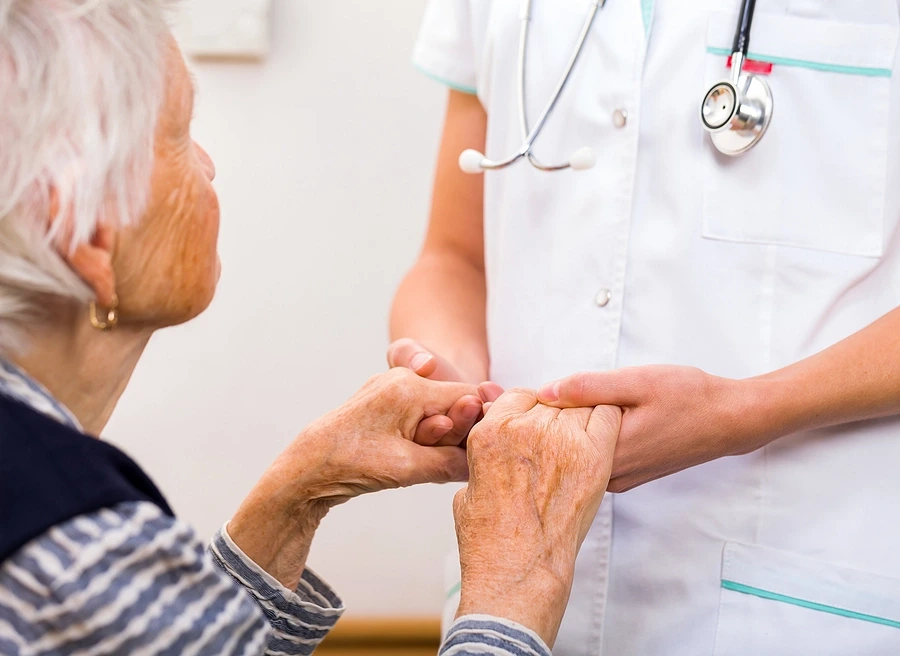Nursing Home Abuse in South Carolina: Signs, Rights, and Legal Remedies

Nursing home abuse is a serious issue that affects many elderly residents in South Carolina. Recognizing the signs of abuse, knowing your rights, and understanding the legal remedies available are crucial steps in protecting vulnerable loved ones. This article provides essential information on nursing home abuse in South Carolina, aimed at empowering families to take appropriate action.
Recognizing the Signs of Nursing Home Abuse
Abuse in nursing homes can take various forms, including physical, emotional, financial, and neglect. Being vigilant about the following signs can help in identifying potential abuse:
- Physical Abuse: Unexplained bruises, cuts, burns, fractures, or sprains. Frequent hospitalizations or emergency room visits without a clear reason can also be indicators.
- Emotional Abuse: Sudden changes in behavior, such as withdrawal, fearfulness, anxiety, or depression. Residents may exhibit signs of trauma or appear unusually upset or agitated.
- Financial Abuse: Unexplained withdrawals from bank accounts, changes in financial documents, missing personal belongings, or sudden changes in wills or powers of attorney.
- Neglect: Poor hygiene, untreated bedsores, weight loss, dehydration, or unsanitary living conditions. Neglect also includes failure to provide necessary medical care, medications, or assistance with daily activities.
Understanding Your Rights
Residents of nursing homes in South Carolina have specific rights designed to protect their well-being and ensure they receive proper care. These rights include:
- Right to Dignity and Respect: Residents are entitled to be treated with respect and dignity, free from abuse and neglect.
- Right to Privacy: Residents have the right to privacy regarding their medical treatment and personal affairs.
- Right to Access Information: Residents can access their medical records, information about their care, and the facility’s policies and procedures.
- Right to Raise Concerns: Residents and their families have the right to voice concerns or complaints about the quality of care without fear of retaliation.
Legal Remedies for Nursing Home Abuse
If you suspect that a loved one is a victim of nursing home abuse in South Carolina, taking immediate action is essential. The following steps can help you seek justice and protect your loved one:
- Document Evidence: Collect evidence of the abuse or neglect, including photographs, medical records, and statements from the resident and other witnesses.
- Report the Abuse: Contact the South Carolina Department of Health and Environmental Control (DHEC) to report the abuse. You can also notify local law enforcement if the situation requires immediate intervention.
- Consult with an Attorney: Seeking legal advice from an experienced nursing home abuse attorney is crucial. An attorney can guide you through the process of filing a lawsuit, represent your interests, and help you pursue compensation for the harm caused.
Conclusion
Nursing home abuse is a grave concern that requires prompt and decisive action. By recognizing the signs of abuse, understanding the rights of nursing home residents, and knowing the legal remedies available, you can protect your loved ones and seek justice for any harm they have suffered. If you suspect nursing home abuse, consulting with a knowledgeable nursing home abuse attorney can provide the guidance and support needed to navigate the legal process and hold the responsible parties accountable.

